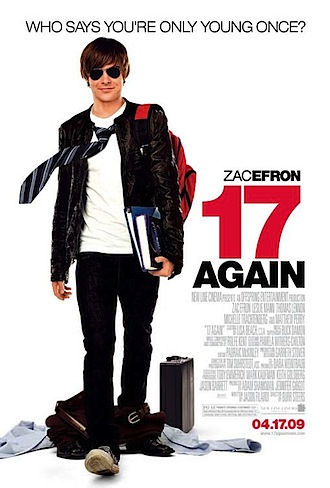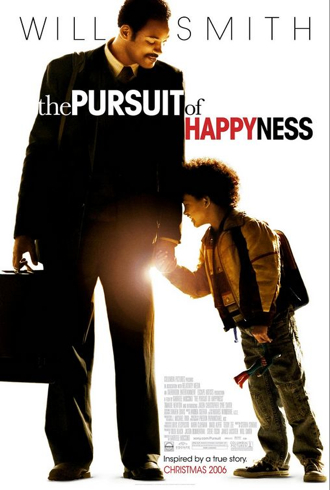Martin Scorsese isn’t just a legendary director, he is also one of the world’s great enthusiasts for cinema - the definitive cineaste if you will. By heading the World Cinema…
Read More

I’ve been grumpy all week for all sorts of reasons and the last thing I needed was a weekend of crappy films but that’s what I got. I mean, I’m…
Read More

Never having seen an episode of Sex and the City on television, I'll have to leave it to others to place it in context. From what I can gather, though,…
Read More

In 1997 two young hotshots stunned the film world by winning an Oscar for Best Original Screenplay for their first produced script. Since then, Matt Damon and Ben Affleck have…
Read More

The always watchable Will Smith returns to our screens this week in a more than decent drama called The Pursuit of Happyness. Smith plays solo dad Chris Gardner who struggles…
Read More
